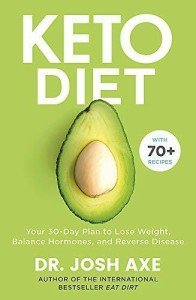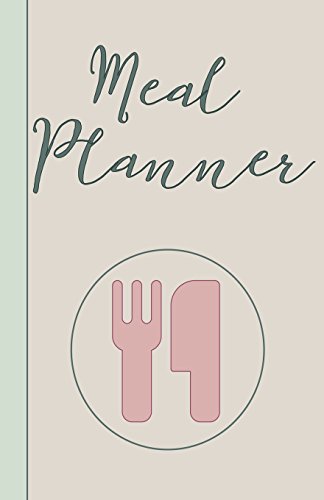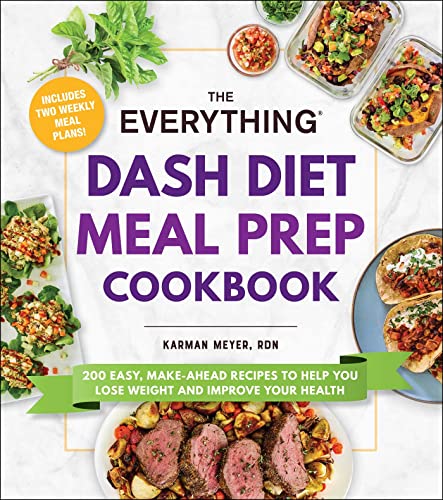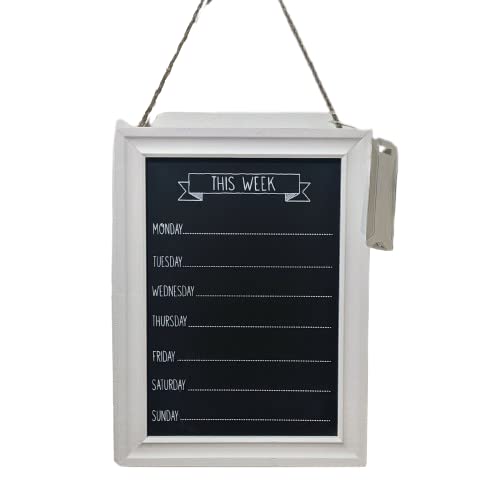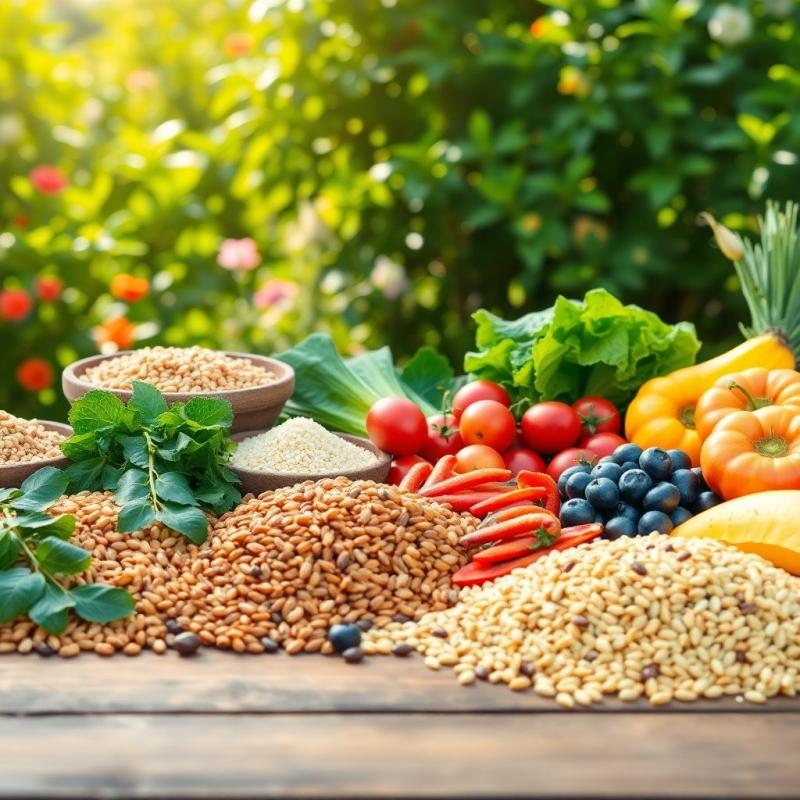Top Tips for Effective Weight Loss: Your Path to a Healthier You! 
Embarking on a weight loss journey can be both exciting and daunting. With the right strategies, however, it’s entirely achievable! Here are some practical tips to help you effectively lose weight and maintain a healthier lifestyle.
1. Set Realistic Goals

- Why It Matters: Setting achievable weight loss goals helps maintain motivation and creates a sense of accomplishment.
- Tip: Aim for a weight loss of1 to2 pounds per week, which is considered safe and sustainable. Break your overall goal into smaller milestones to monitor your progress.
2. Focus on Nutrient-Dense Foods

- What to Include: Fill your plate with whole foods like fruits, vegetables, lean proteins, whole grains, and healthy fats.
- Benefit: These foods are lower in calories but high in essential nutrients, helping you feel fuller for longer while nourishing your body.
3. Practice Mindful Eating

- What It Is: Mindful eating involves paying full attention to your meals, savoring each bite, and being aware of hunger and satiety signals.
- Tip: Avoid distractions during meals (like watching TV) and eat slowly to better recognize when you're full.
4. Stay Hydrated

- Importance: Drinking enough water can help control hunger, boost metabolism, and support overall health.
- Tip: Aim for at least8 cups (64 ounces) of water per day, and listen to your body to adjust based on activity levels and climate.
5. Incorporate Regular Physical Activity

- Types of Exercise: Combine cardio (walking, running, cycling) with strength training (weightlifting, resistance bands) for optimal results.
- Frequency: Aim for at least150 minutes of moderate aerobic activity or75 minutes of vigorous activity each week, along with two days of strength training.
6. Get Quality Sleep

- Why It Matters: Poor sleep can disrupt hormones that regulate appetite, leading to weight gain.
- Tip: Strive for7-9 hours of quality sleep each night to promote weight loss and overall health.
7. Keep a Food Diary
- Benefits: Tracking what you eat helps increase accountability, identify food patterns, and make healthier choices.
- How to Do It: Use a notebook or an app to log your meals, snacks, and beverages regularly.
8. Control Portions and Avoid Mindless Snacking

- Portion Control: Be mindful of portion sizes, as larger servings can lead to overeating.
- Tip: Use smaller plates and bowls to help control portions, and pre-portion snacks instead of eating directly from the bag.
9. Find a Support System
- Why It Matters: Having support from friends, family, or a weight loss group can significantly increase your chances of success.
- Tip: Share your goals with loved ones or join a community to stay motivated and accountable.
10. Stay Patient and Persistent
- The Reality Check: Weight loss may have ups and downs. Staying committed and patient is crucial for long-term success.
- Encouragement: Remember that every small step counts and that progress takes time. Celebrate your achievements, no matter how small!
Conclusion
Effective weight loss is about making sustainable changes that fit your lifestyle. By incorporating these tips into your daily routine, you’ll be well on your way to achieving your weight loss goals while fostering a positive relationship with food and exercise. These are general tips.
Let us look at specific tips for men and Women
Diet Tips for Men:
-
Higher Protein Intake: Men often have a greater muscle mass and may benefit from a higher protein intake (e.g., lean meats, fish, eggs, dairy, legumes) to support muscle growth and repair.
-
Healthy Fats: Incorporating healthy fats (like those from avocados, nuts, and olive oil) can support testosterone production, which is more abundant in men.
-
Caloric Needs: Generally, men have higher caloric needs due to a higher basal metabolic rate, so they may require more energy-dense foods.
-
Zinc Sources: Foods rich in zinc (like oysters, red meat, and pumpkin seeds) can support prostate health and testosterone levels.
-
Hydration: Men often need to focus on hydration, especially if engaging in intense workouts. Aim for consistent water intake, particularly around exercise.
Diet Tips for Women:
-
Iron and Calcium: Women often require more iron (especially those of childbearing age) and calcium. Incorporate leafy greens, fortified cereals, and low-fat dairy to meet these needs.
-
Balanced Macronutrients: A diet balanced in carbohydrates, proteins, and fats can support stable energy levels and hormonal balance, particularly during menstrual cycles.
-
Fiber-Rich Foods: Foods high in fiber (like fruits, vegetables, and whole grains) can help manage weight and support digestive health, which is particularly beneficial for women.
-
Omega-3 Fatty Acids: These can help manage inflammation and are beneficial during menstruation. Sources include fatty fish, flaxseeds, and walnuts.
-
Small, Frequent Meals: Women may find that eating smaller, more frequent meals helps maintain energy levels and manage hunger.
Common Considerations for Both:
- Stay Hydrated: Regardless of gender, staying properly hydrated is crucial for overall health.
- Mindful Eating: Practicing mindful eating can help both men and women develop a healthier relationship with food.
- Limit Processed Foods: Reducing intake of sugar-laden and highly processed foods can benefit everyone.
Health benefits of the Mediterranean diet


